“This post contains affiliate links, and I will be compensated if you make a purchase after clicking on my links.”
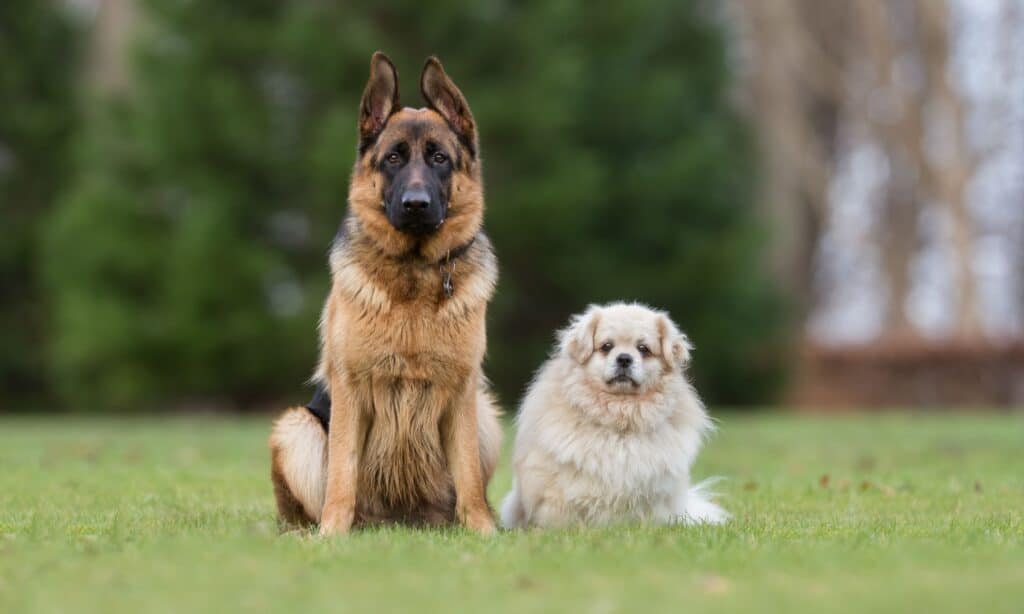
Dogs like an established routine, not worrying about what is going to happen next. And introducing a new dog to your older one can get complicated. They can get jealous if they are used to being your only furry friend, or they can get triggered by the new dog’s unfamiliarity.
Dogs are social animals and are usually happy around other dogs, but they sometimes have different living preferences. Some like living with just their humans, and some like living with other dogs at home.
If you’re thinking of adding one more dog to your family and are worried about how to keep the peace inside your home while introducing your new dog to your older dog, this article is for you! Keep reading as we list out tips to help you.
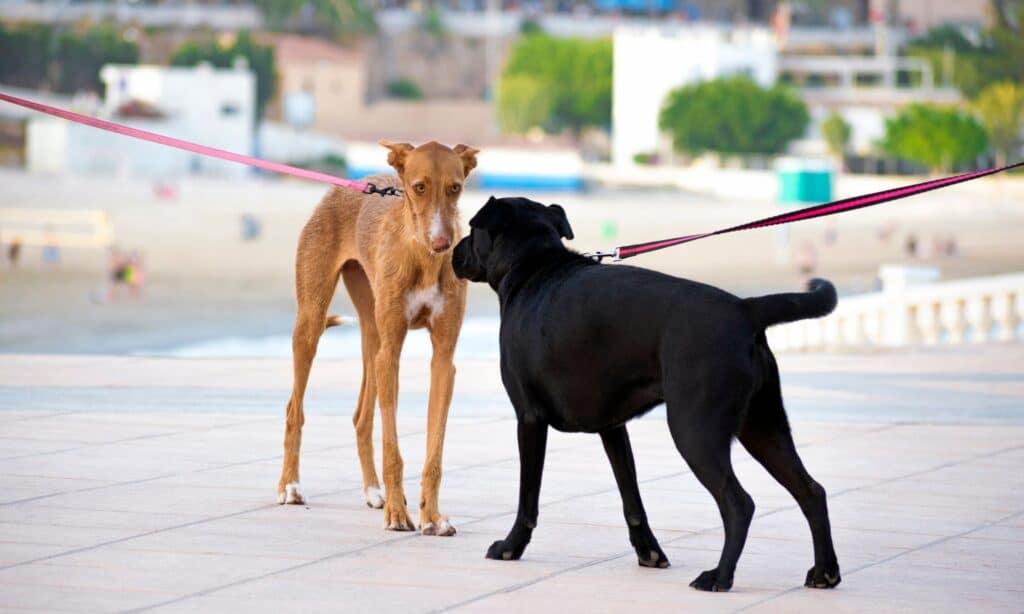
Manage Meeting Grounds
Initially, avoid any situation that increases their level of excitement. Take them to an open space to reduce tension and keep them on a long leash. Try parallel walking with both dogs or having another person hold the other dog. Once looking relaxed, let the dogs meet each other head to head. The dogs may sniff, urinate, play or ignore one another. Pay attention to their body language to understand what they are saying. A growl or a raised lip is a common canine indicator that they don’t like what another dog is doing. The tail, head and posture tell a lot about how your dog is feeling.
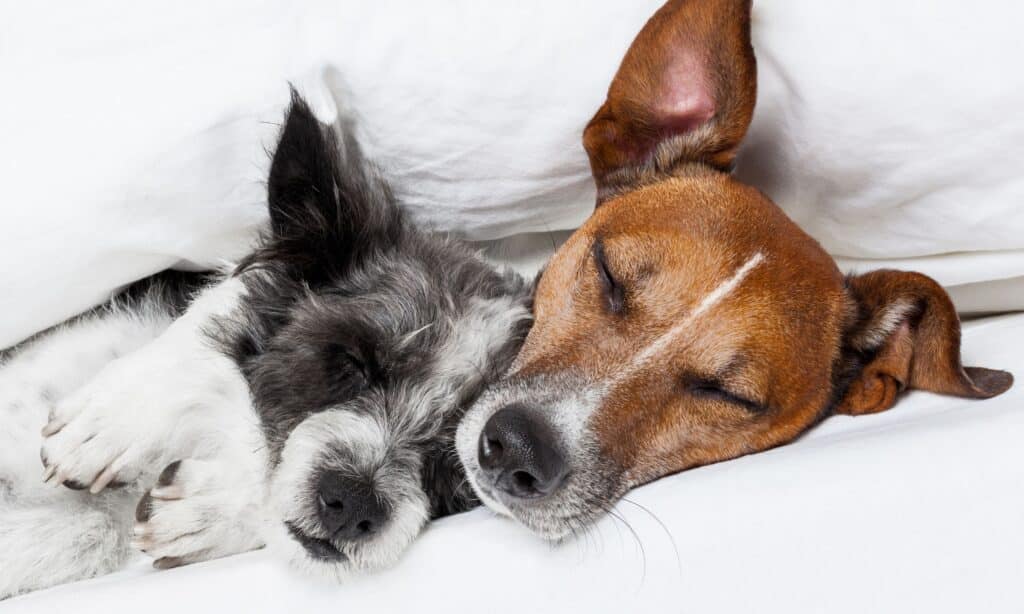
Give Each Dog Different Space
Do not force them together. Your old dog can get possessive over you, their treats, toys and beds. Feed your new dog and your old dog separately and provide more than one water bowl. It is a good idea to let them sleep in different crates.
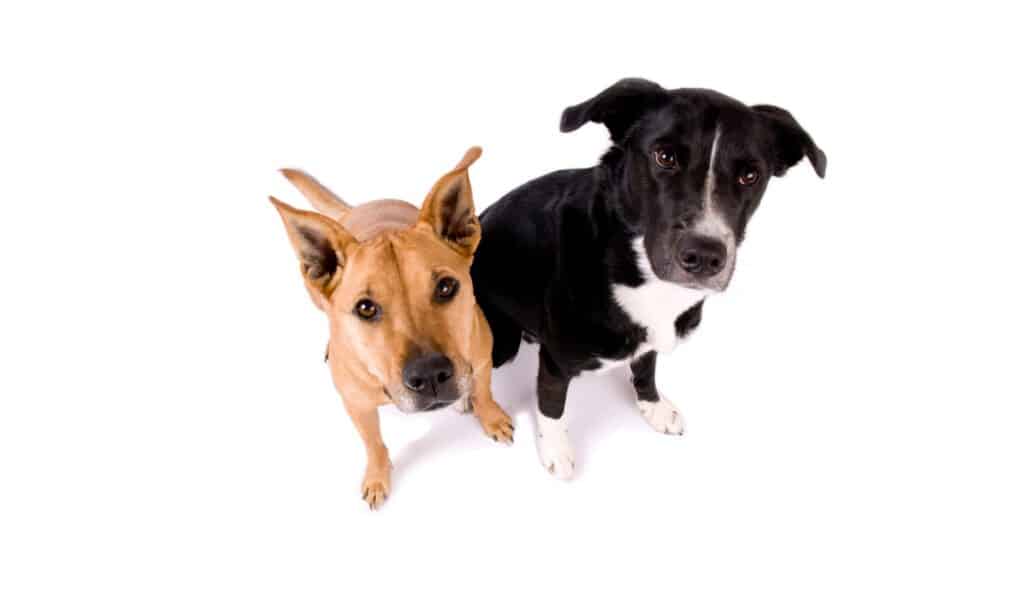
Supervise and Distract
To avoid major conflicts from arising, don’t leave the dogs alone together. When bathing or playing together, restraint on one dog while the other is free should be avoided. If your old dog is socially awkward or undersocialized, it can get harsh. Look for indications that one dog is uncomfortable and fearful of another, and prepare to divert the dog’s attention to another activity. Slowly increase their time to be acquainted. When you are sure they are comfortable enough with each other, you can start leaving them alone.
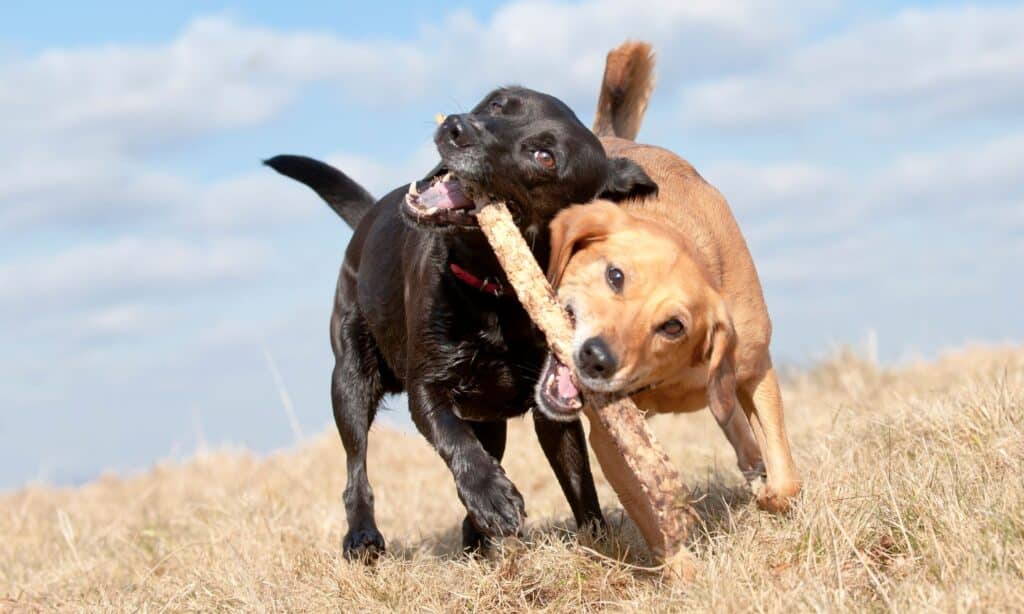
Control The Energy
Make sure your old dog does not get stressed by your new dog’s energy. It’s normal for your old dog to react by pushing the dog away, barking, or growling at them; this is how your new dog learns boundaries. Do not punish your old dog for growling at your dog; this is their way of saying “back off.” With this, your new dog will approach the old dog with more caution.
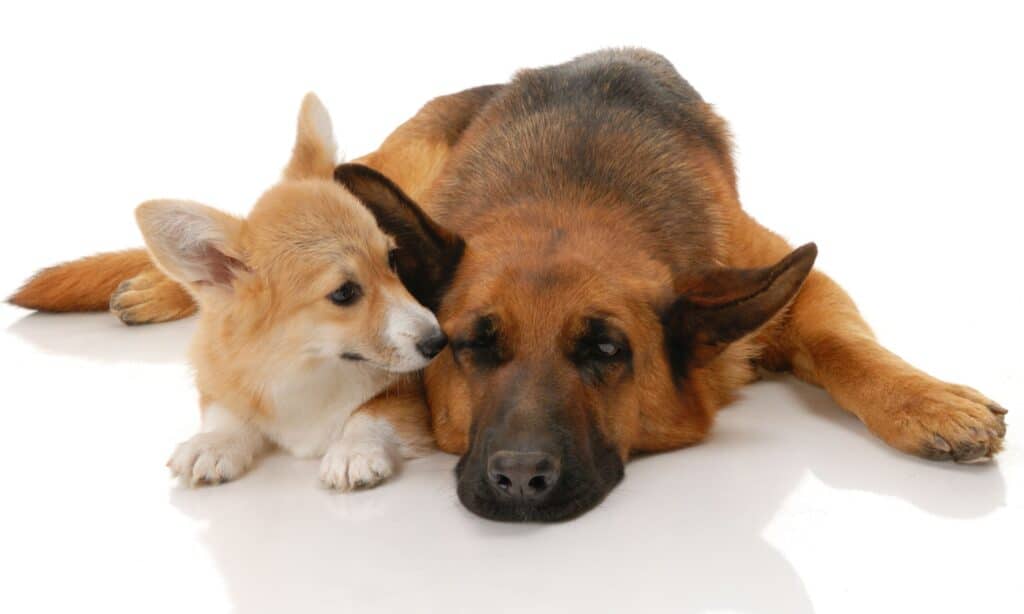
Be Patient
Puppies can get out of hand and may not be able to realize when your other dog needs space. It can take them months to be truly comfortable with each other, and you’ll need to be extremely patient to help them adjust to new changes. Take things slowly and remain in charge of the situation.
And there you have it! Remember that having another dog can be twice the love or double the trouble. What do you think of these tips?





















